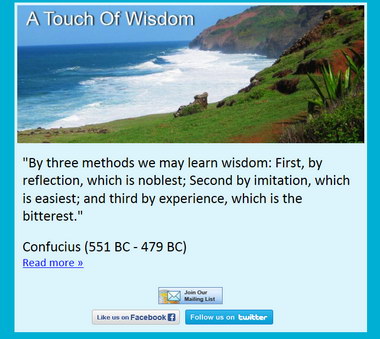Dear Reader: This is an incredible, biblical style real life story.
Born into slavery in Alabama in 1844 or 45, the man who would later become Juan Knight made his fortune in Latin America.
Based in Guatemala, his vast holdings included banking, gold mines, shipping and the massive farming of coffee beans, vanilla beans, bananas, pineapples and citrus fruits.
Juan was also Guatemala's banker, loaning that nation money, and he personally negotiated the deal with New Orleans capitalists to bring Guatemala the building of railroads, electric lighting and even new government offices.
Yet Juan began life as a slave, a possession of others and never knew his father because before Juan was born his father had been sold.
Juan and his mother were owned by Daniel Upton, an Alabama tobacco grower. Mr. Upton was a well-educated man and his wife was a former school teacher.
After Juan was born, the Uptons were so impressed by this bright adorable child, they named him John Knight in honor of Mrs. Upton's brother, John Knight.
Starting when John was pre-school age, while his mother worked in the tobacco fields, he would join Mrs. Upton's children and those of her sister in the classes conducted by teachers coming to the Upton home.
It was illegal to educate a slave, yet not only was John allowed to participate in the classes but Mrs. Upton quietly tutored him to ensure he would receive a quality education, an amazing gift that would uplift his life.
But then tragedy struck.
In 1860, Mr. Upton died. As women had no property rights Mrs. Upton could not stop the executor of the estate from selling 16 year old John, to Hannibal Judson.
John sold for a lot of money because it was known he could read and write and do math, practical skills on any plantation, but rare among slaves.
In 1861 when the U.S. Civil War began, Mr. Judson joined the Confederate Army. But he had so much confidence in John, that in his absence he put him in charge of part of his cotton plantation.
When the war ended in 1865, John like all slaves was freed.
Penniless, he walked hundreds of miles to New Orleans, where he got a job as a wharf laborer for a firm which imported fruits from Latin America.
Because John was bright, educated and personable, he became well respected on the docks and he began to learn the import-export business. Soon his life would change dramatically.

